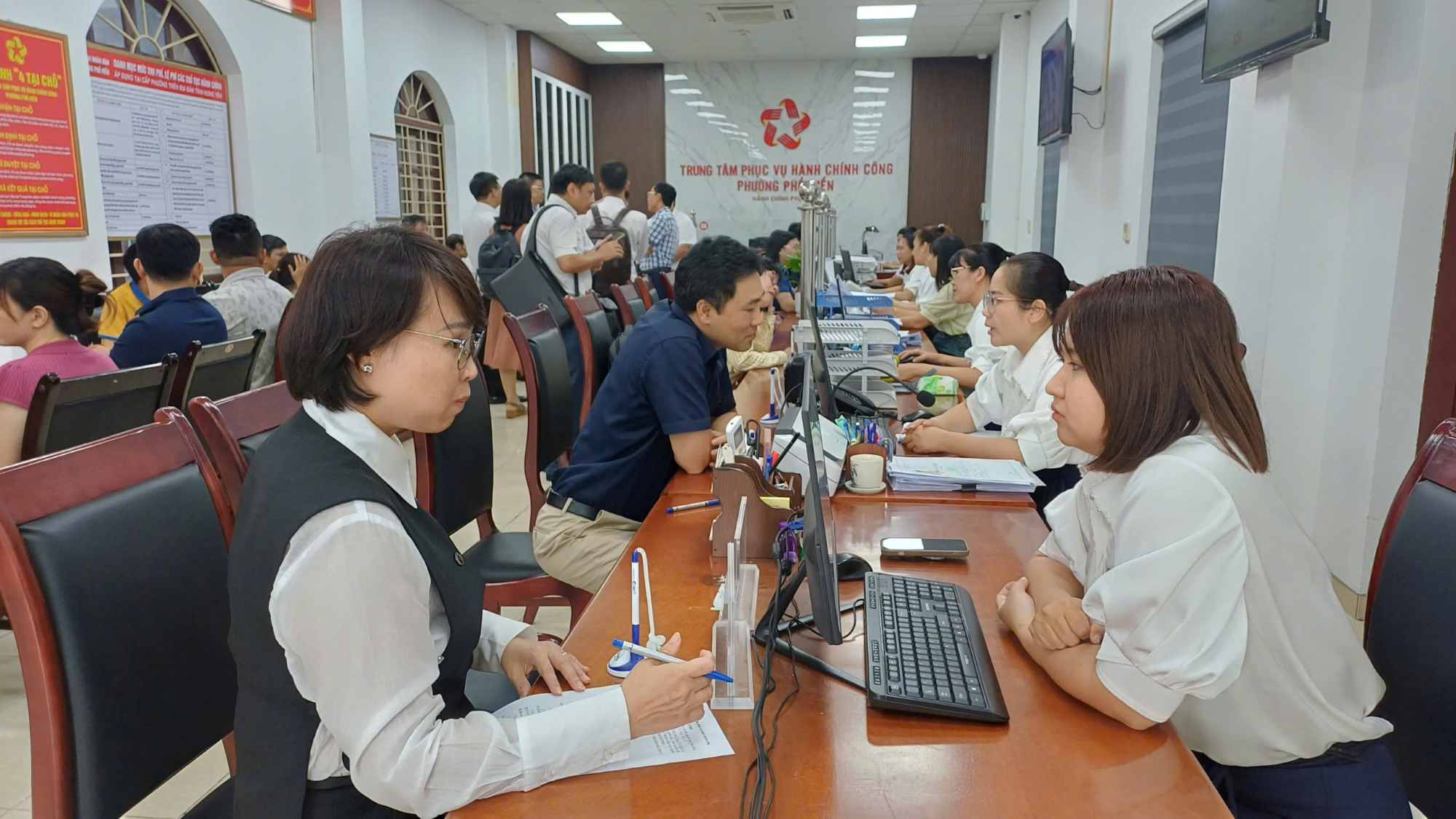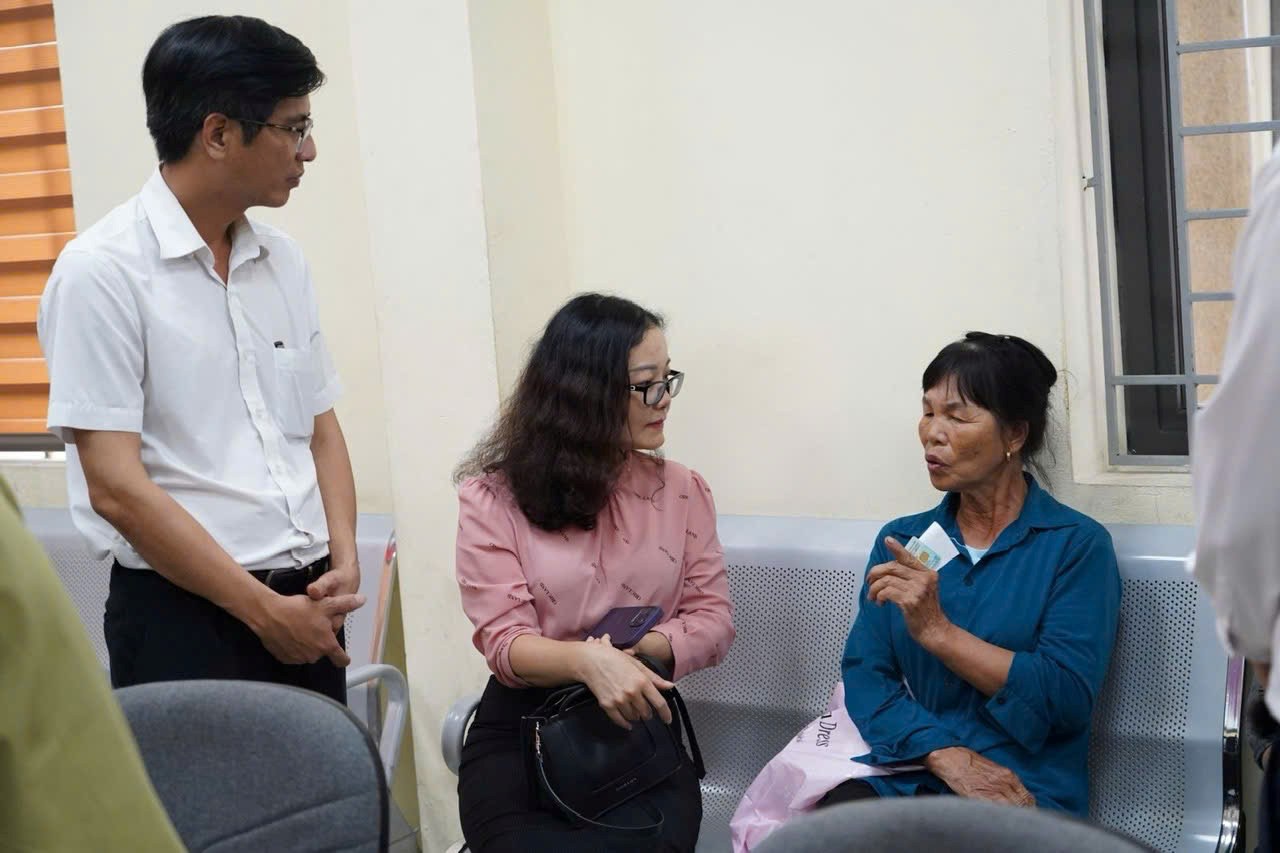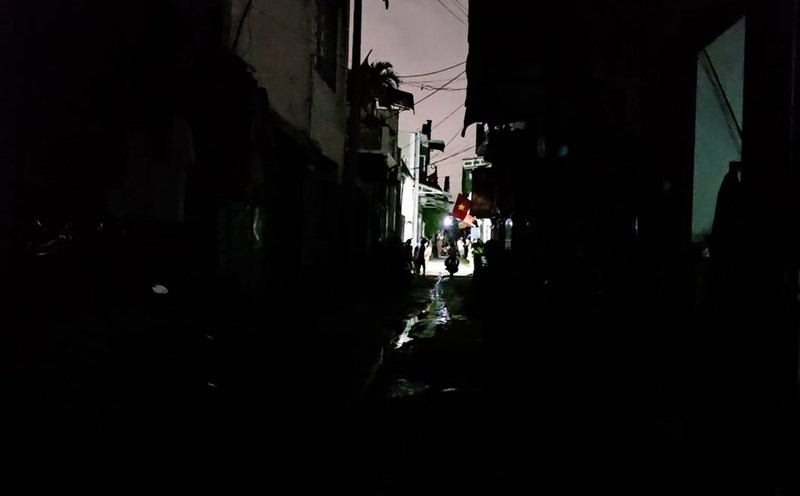
Hai Phong: Initial results but pressure to process documents
From July 1 to August 15, the Department of Science and Technology of Hai Phong received 134 administrative procedure records, and at the same time surveyed the implementation of Decree 132/2025/ND-CP at the commune level. However, human resources are still thin, the time for processing documents is urgent, and some procedures have not agreed on how to calculate the processing date. The city recommended that the Ministry issue guidelines, increase online training and send experts to support the appraisal.
Thanh Hoa: Clear efficiency but lack of human resources
From August 1, commune-level centers in Thanh Hoa received 149,470 records, and have processed 139,415 records, with an on-duty rate of 98.83%. The operating system from the province to the commune is synchronous and smooth. However, the locality still lacks IT-specialized staff, and facilities are not uniform. Thanh Hoa requested the Ministry and relevant units to support staffing, professional training and issue specific instructions on ISO 9001 as well as a list of consulting and auditing.

Gia Lai: Proactively transforming digitally but still have many problems
Gia Lai has implemented 193 administrative procedures, of which 121 new procedures have been decentralized. The locality maintains a Community Digital Technology Team in 100% of communes and wards, training nearly 7,000 staff on digital skills. However, there is still a shortage of high-quality IT human resources, limited digital skills, unstandarized intellectual property data, radioactive safety procedures and measurement standards. The Ministry of Science and Technology recommends that the province continue to review difficulties, proactively advise solutions and increase digital human resource training.
Hung Yen: High online records, but lacking human resources and infrastructure
From July 1, Hung Yen has operated a stable two-level government model, 85.38% of applications are submitted online via the National Public Service Portal. The province has established 104 technology rescue teams in communes and wards with more than 5,800 members. However, information technology human resources are still limited (104 communes only have 30 cadres with suitable expertise), and equipment at the grassroots level has only reached the basic level. Many officials are confused in innovation and startups. Some areas such as intellectual property, nuclear energy, and measurement standards still lack specific guidance, causing difficulties in implementation.
Quang Ninh: High online rate but facing difficulties in human resources and capital
After merging the Department of Science and Technology and the Department of Information and Communications, Quang Ninh has completed 5 professional departments and 2 public service units. As of August 15, the province has 190 provincial-level administrative procedures, of which 82.6% are online, nearly 99% of procedures are not administratively border. From August 1, the Department of Science and Technology received 148 records and resolved 100% on time.
However, commune-level cadres lack expertise, many technological equipment are old, capital is not arranged in a timely manner, and data between public service portals is still not synchronous. Quang Ninh proposed that the Ministry complete regulations on the structure of the Department of Science and Technology, guide the preparation of budget estimates, issue new regulations for the Science and Technology Development Fund and build automatic statistical software.
At the working sessions, the working group of the Ministry of Science and Technology directly answered many questions under its authority, and at the same time recorded issues beyond its authority to report to the Ministry's leaders. The Ministry affirmed that it will continue to accompany localities to operate the two-level government model in the fields of science, technology, innovation and digital transformation smoothly and effectively, serving people and businesses.











